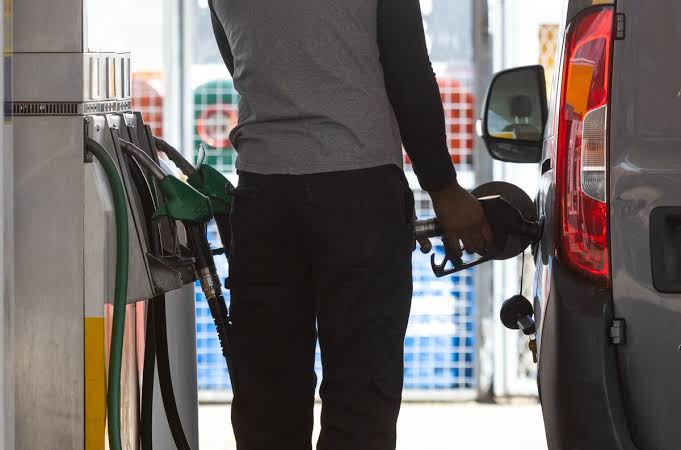The United Kingdom (UK’s) antitrust watchdog began an in-depth review into the nation’s soaring petrol prices that have helped to fan the fastest rate of inflation in a generation after concerns were found in some parts of the sector.
The Competition and Markets Authority said it was worried about what it called the refining spread — a growing gap between the cost of crude oil and wholesale petrol and diesel. It said the spread ballooned because oil refineries closed around the world during COVID and there wasn’t enough fuel-making capacity when demand rebounded from the virus.
Petrol prices are at an all-time high across the world, in part because of a refining bottleneck but also in the wake of Russia’s invasion of Ukraine and the disruption it caused across oil markets. That said, UK retailers have recently been criticized for not passing on declines in the wholesale petrol market, and the CMA commented that the “retailer spread” has widened in the past few weeks.
The CMA is investigating the UK’s fuel retail market after Business Secretary Kwasi Kwarteng last month asked the agency to conduct an urgent review. The government ordered the inquiry to see whether the benefit of a cut in fuel duty was actually being passed on to consumers.
The CMA said the largest retailers did so, although differences in prices between rural and urban areas were apparent.
The UK government cut fuel duty by 5 pence (6 cents) a litre — the biggest ever reduction to the levy — in March to try and alleviate a surge in prices at the pump after the invasion. Fuel reached a monthly record of 191.43 pence last month.
The agency said the refining spread tripled in the past year from 10 pence to nearly 35 pence a litre. The same trend is also taking place globally.
The CMA has now opened its market study to look closely at the issues, with a provisional report due to be published in the autumn. The watchdog will further probe the link between wholesale and retail prices and also keep an eye on the retailer spread.
“While there is no escaping the global pressures pushing up fuel prices, the growing gap between the oil price, and the wholesale price of petrol and diesel, is a cause for concern,” said Sarah Cardell, the CMA’s top lawyer and incoming interim CEO. “If evidence emerges of collusion or similar wrongdoing, we won’t hesitate to take action.”
Kwarteng said the government welcomed the CMA’s decision to open a full market study and that it was “determined to do everything possible to ensure that drivers are getting a fair deal for fuel,” according to a letter published Friday.
•By Bloomberg|Katharine Gemmell


